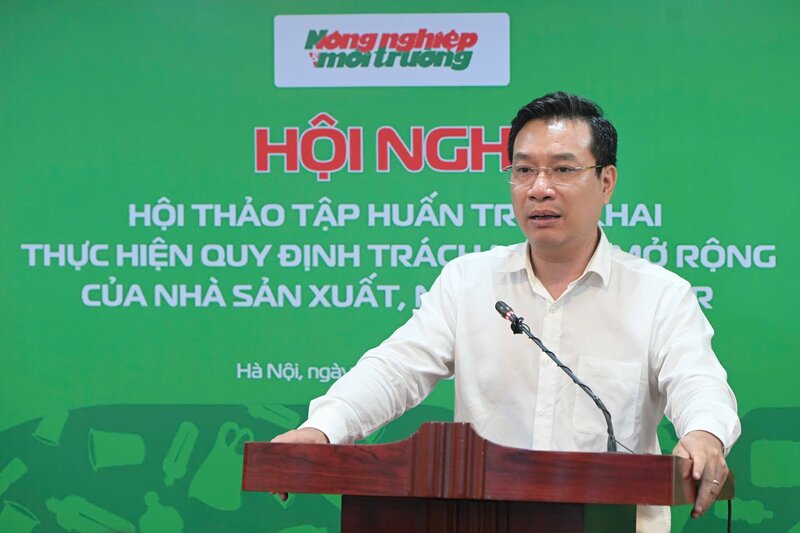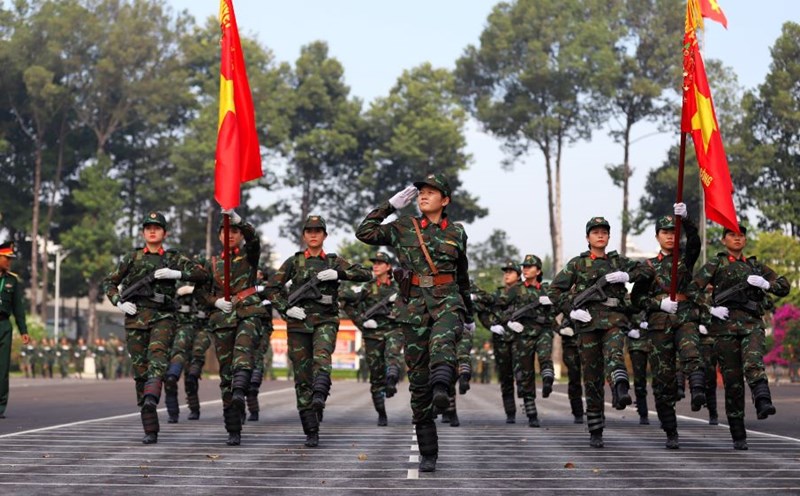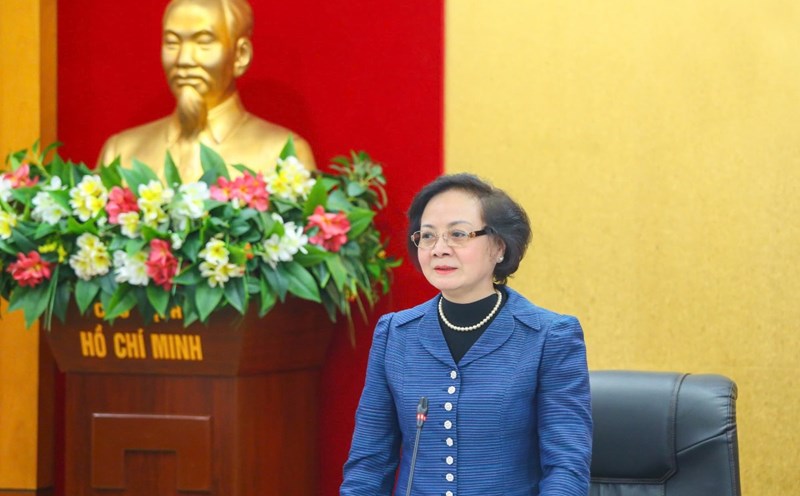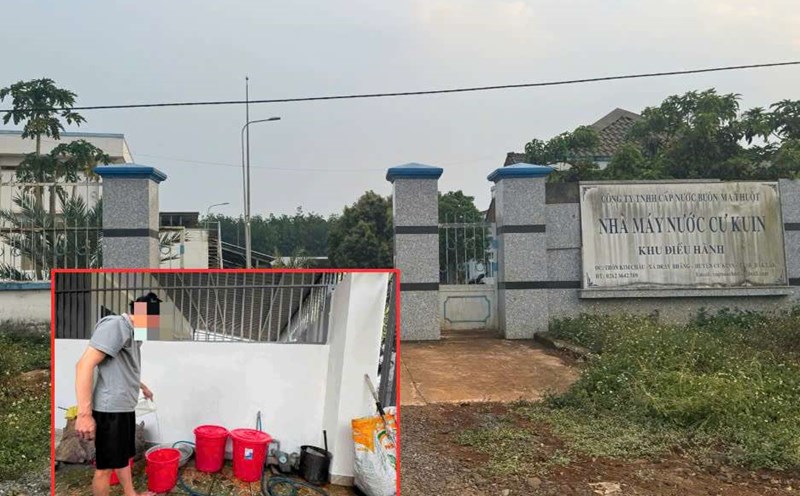Recycling roadmap for bottles and motorbikes
The information was given at the Training Workshop on implementing regulations on extended responsibility of manufacturers and importers - EPR organized by the Department of Environment (Ministry of Agriculture and Environment) in coordination with the Agriculture and Environment Newspaper.
According to Mr. Ho Kien Trung - Deputy Director of the Department of Environment (Ministry of Agriculture and Environment), the legal basis has fully regulated that enterprises must fulfill the responsibility of extending the manufacturer and importer (abbreviated as EPR), choosing the form of recycling organization or financial contribution to support recycling.
With the responsibility of recycling, manufacturers and importers of tire products, oil, batteries, batteries and some packaging products are responsible for recycling from January 1, 2024; manufacturers and importers of electrical and electronic products are responsible for recycling from January 1, 2025; manufacturers and importers of vehicle products are responsible for recycling from January 1, 2027.
With the responsibility of collecting and treating waste: manufacturers and importers of disposable batteries, diapers, rubber candy, cigarettes... some synthetic plastic products and plant protection packaging are responsible for collecting and treating waste from January 1, 2022.
The time for manufacturers and importers to register, declare recycling plans and declare financial contributions to the Vietnam Environmental Protection Fund to support recycling and waste treatment is before March 31 every year.
Accordingly, registration, declaration, and reporting of responsibility will be done online on the National EPR Information System instead of submitting paper copies, making the implementation of the declaration and reporting regime convenient, easy, and cost-effective.

Mr. Nguyen Van Phan (EPR Office) said that before the regulations on EPR, most of the packaging after use was discharged directly into the environment. However, when Vietnam promotes a circular economy, especially when applying the provisions of the Law on Environmental Protection, manufacturers are required to organize recycling or contribute finance to the Environmental Protection Fund.
One of the important changes of Decree 05 has just been issued, which is to clearly stipulate the exclusion of EPR responsibility for some groups of packaging manufacturers and importers. That is, manufacturers, importers of products and packaging for export or temporarily imported, re-exported or manufactured, imported for research, study, and testing purposes; manufacturers and importers with sales revenue of packaging products under VND30 billion/year; Packaging manufacturers whose packaging is recalled or packaged by the manufacturer to continue to be marketed at a rate equal to or higher than the mandatory recycling rate.
To export, we must increase the recycling rate
According to the leader of the Department of Environment, the implementation of EPR will start from 2024 when each commodity product exported to the international market must have a mandatory recycling ratio in this product. By 2025, items such as iron, steel, aluminum, fertilizer, cement, etc. will need to increase the recycling and processing rate if they want to be exported.
Thus, implementing EPR is necessary and urgent, not only helping the environment become greener and cleaner but also helping businesses to maintain exports, ensuring sustainability in the international market.
For example, in the garment sector, Vietnam is almost at the top of the world in exports, but since 2024, it has dropped to a background position due to the limited recycling rate in this field, while buying recycled materials from abroad is expensive, Mr. Ho Kien Trung raised the issue.
Accordingly, the formation of a domestic recycling model is very necessary and effective to increase the recycling rate for each item. On the other hand, EPR implementation needs to be close and adapt to Vietnam's conditions.











